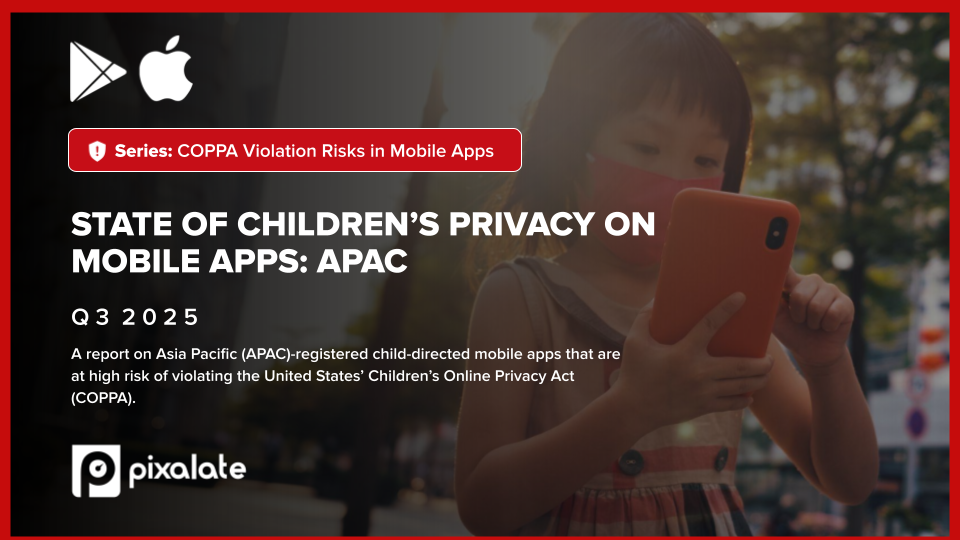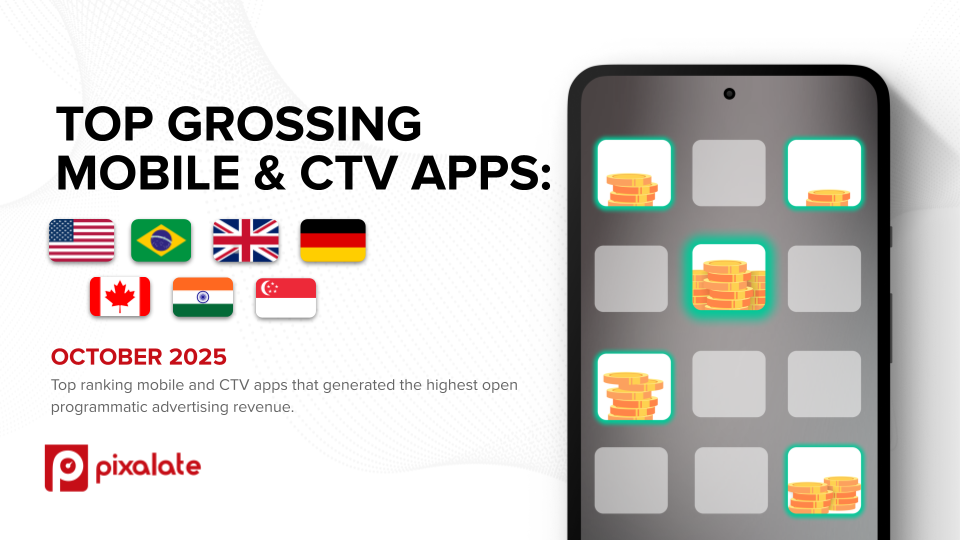According to Pixalate’s research, over 267,000 likely child-directed apps across the Google Play Store and Apple App Store have no country of registration listed on the app’s app store page
LONDON, September 26, 2024 – Pixalate, the global market-leading ad fraud protection, privacy, and compliance analytics platform, today released the Q2 2024 Google vs. Apple COPPA (Children’s Online Privacy Protection Act) Risk Scorecard Report to examine the state of children’s online privacy across apps available for download in the Google and Apple app stores.
Pixalate’s data science team analyzed over 4.2 million apps available for download and over 63 billion global open programmatic ad impressions on apps from the Apple App Store and Google Play Store from Q2 2024 to compile this research. Pixalate also analyzed the apps’ data permission and transmission practices to identify potential violations of the COPPA Rule.
Key Findings:
- 373k+ estimated likely child-directed, based on Pixalate’s methodology, mobile apps across Google Play and Apple App stores as of Q2 2024
- 9% of apps in the Google Play Store are likely child-directed vs. 8% in the Apple App Store
- 15.9k+ likely child-directed apps across the Google Play Store (227) and Apple App Store (15.7k+) have no detected privacy policy URL listed in the app store
- 192k+ likely child-directed apps across the Google Play and Apple App stores have no detected privacy policy URL but request access to personal information**
- 228k+ likely child-directed apps have no country of registration listed in the app store
- Likely child-directed apps are 50% more likely to transmit both GPS and IP address data in the open programmatic ad bid stream vs. non-child-directed apps
** Geolocation info, persistent identifiers such as IP address or unique device identifier, and photo, video or audio files containing a child’s image or voice are all considered personal information under COPPA. See COPPA Rule at 16 C.F.R. § 312.2 for more. See the full list of permissions that request access to personal information here.
Pixalate uses automated processing derived from a combination of signals to determine if an app is likely to be child-directed, including the app’s category, sub-category, content rating, and contextual signals (specifically, child-related keywords in app’s title or the app’s description). Pixalate also leverages manual app review by educators on Pixalate’s Trust & Safety Advisory Board, who make assessments of apps based on the child-directed factors outlined in the COPPA Rule. See our full methodology for more information.

About Pixalate
Pixalate is the market-leading fraud protection, privacy, and compliance analytics platform for Connected TV (CTV) and Mobile Advertising. We work 24/7 to guard your reputation and grow your media value. Pixalate offers the only system of coordinated solutions across display, app, video, and CTV for better detection and elimination of ad fraud. Pixalate is an MRC-accredited service for the detection and filtration of sophisticated invalid traffic (SIVT) across desktop and mobile web, mobile in-app, and CTV advertising. www.pixalate.com
Disclaimer
The content of this press release, and the Google vs. Apple COPPA Risk Scorecard Report (the “Report”), reflect Pixalate's opinions with respect to factors that Pixalate believes may be useful to the digital media industry. Pixalate’s opinions are just that, opinions, which means that they are neither facts nor guarantees; and neither this press release nor the Report are intended to impugn the standing or reputation of any entity, person or app, but instead, to report findings and apparent trends pertaining to mobile apps from the Google and Apple app stores. It is important to note, that the mere fact that an app appears to be directed to children (e.g., data subjects under 13 years of age, as defined by the COPPA Rule) does not mean that any such app, or its operator, is failing to comply with the COPPA Rule. Pixalate calculates estimated programmatic ad spend through proprietary statistical models that incorporate programmatic monthly active users (MAU), the average session duration per user, the average CPM for the category of a given app, and ad density.







